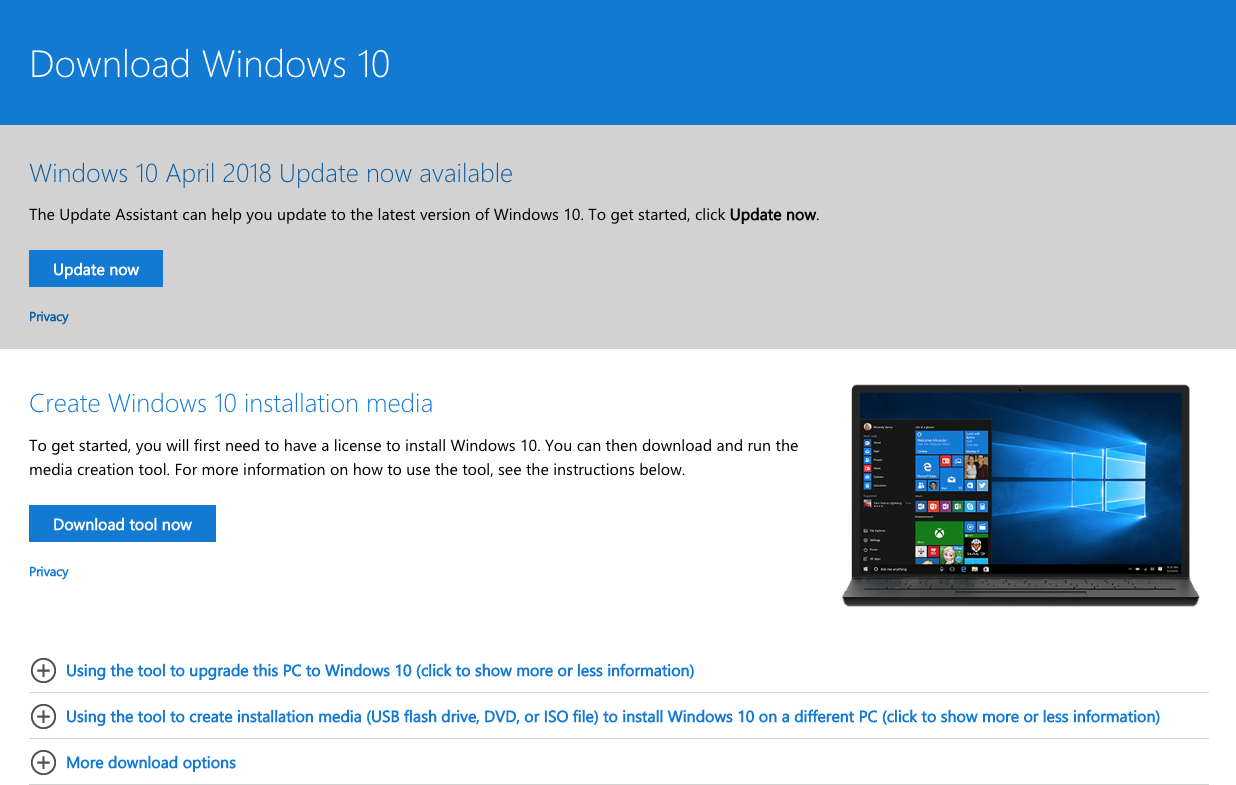Unsupported Operating System Mac Office Microsoft Rating: 5,0/5 5959 votes
When trying to install a one-time purchase of Office from accounts.microsoft.com, you might see an error message that states 'Unsupported operating system'
- Microsoft Unsupported Operating Systems
- Unsupported Operating System Mac Office Microsoft Office
- Microsoft Supported Operating Systems
- Unsupported Operating System Error
With the release of macOS 10.15 Catalina,Office 365 for Mac and Office 2019 for Mac support macOS 10.15, 10.14, and 10.13. Moving forward, as new major versions of macOS are made generally available, Microsoft will drop support for the oldest version and support the newest and previous two versions of macOS. For the best performance, use the latest version of the Windows or Mac operating system for your version of Office as follows: PC: Windows 10, Windows 8.1, Windows 8, Windows 7 Service Pack 1, Windows Server 2016, Windows Server 2012 R2, Windows Server 2012, or Windows Server 2008 R2. Mac OS X 10.10. Check the system requirements for the latest.
For the best performance, use the latest version of the Windows or Mac operating system for your version of Office as follows:
PC: Windows 10, Windows 8.1, Windows 8, Windows 7 Service Pack 1, Windows Server 2016, Windows Server 2012 R2, Windows Server 2012, or Windows Server 2008 R2
Mac OS X 10.10
Check the system requirements for the latest info.
Did you buy the right version of Office for your hardware?
If you bought a one-time purchase of Office, such as Office Home & Student, you might have bought the Mac version for your Windows PC, or the Windows version for your Mac. Microsoft au daemon mac 10.14 torrent.
To check which version you bought, go to Services & subscriptions and look for the following:
This is the Windows version
Windows versions of Office might show for PC in the title. If you don't see it, look for For 1 PC in the subtitle
This is the Mac version
Mac versions of Office show for Mac in the title and For 1 Mac in the subtitle
If you bought the wrong version of Office for your hardware, contact Microsoft support.

Note: Office 365 can be installed on both Windows PCs and Macs.
Are you installing on a mobile device or Chromebook?
The Office desktop apps are for Windows PC or Macs only. To install Office on a mobile device, such as the iPad Pro or a Chromebook, you can download the Office mobile apps from your device's app store. For help, see Set up Office apps and email on a mobile device.
Microsoft has released its latest Security Intelligence Report detailing the threat intelligence gathered from more than a billion systems worldwide.
With Windows XP support due to end in April 2014 the report takes a close look at the risks posed to consumers and businesses of using unsupported operating systems. According to StatCounter, XP and older systems still account for around 21 percent of those in use.
The main threats facing XP users are the Sality malware family which can steal personal data and lower system security settings, the Ramnit family that infects executable, MS Office and HTML files, and variants of the Vobfus worm which can download other malware onto a PC and spread itself via removable drives.
The report finds that in the first half of 2013 almost 17 percent of computers running up to date Microsoft security products encountered malware. Although encounter levels were similar for both operating systems, XP machines were six times more likely to be infected than those running Windows 8.
'The data help illustrate the positive impact that security innovations in newer operating systems are having. Modern operating systems such as Windows 8 include advanced security technologies that are specifically designed to make it harder, more complex, more expensive and, therefore, less appealing for cybercriminals to exploit vulnerabilities,' says Tim Rains, director of Microsoft Trustworthy Computing.
Microsoft Unsupported Operating Systems
Obviously Microsoft has an interest in persuading XP users to upgrade but there are some compelling statistics. Microsoft warns that in the two years following XP SP2 going out of support malware infections jumped by 66 percent compared with those for SP3.
Unsupported Operating System Mac Office Microsoft Office

Rains adds, 'We truly want people to understand the risks of running Windows XP after support ends and to recognize the security benefits of upgrading to a more modern operating system -- one that includes the latest in security innovations, provides ongoing support and can in turn better protect them'.
Microsoft Supported Operating Systems
You can see an overview of the findings in the slideshow below:
Unsupported Operating System Error
Microsoft Security Intelligence Report, volume 15 from sreid_wagged